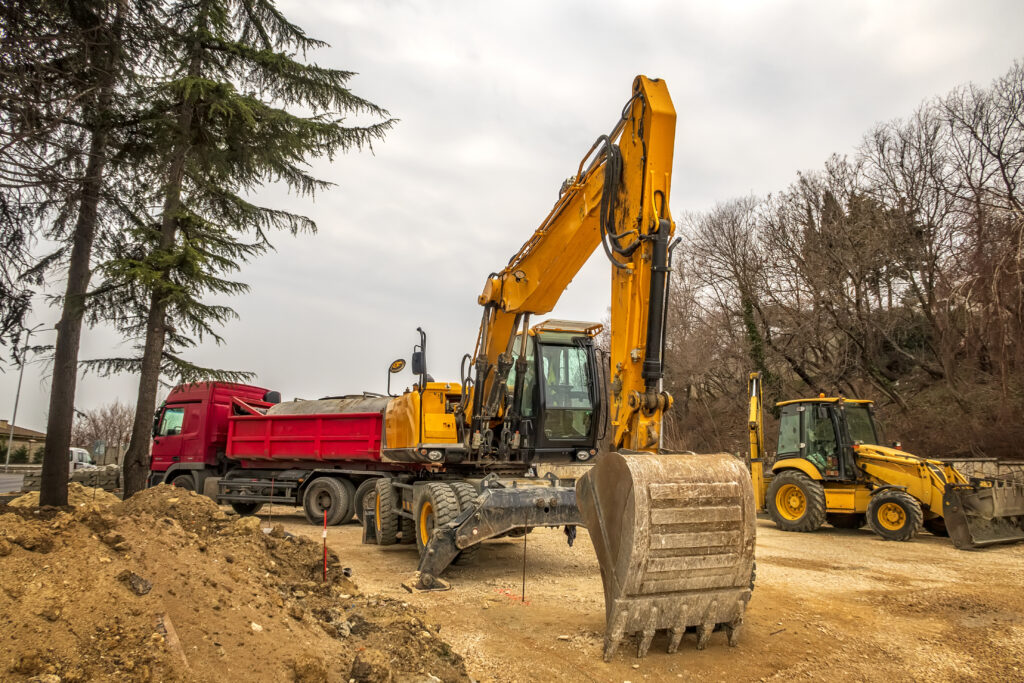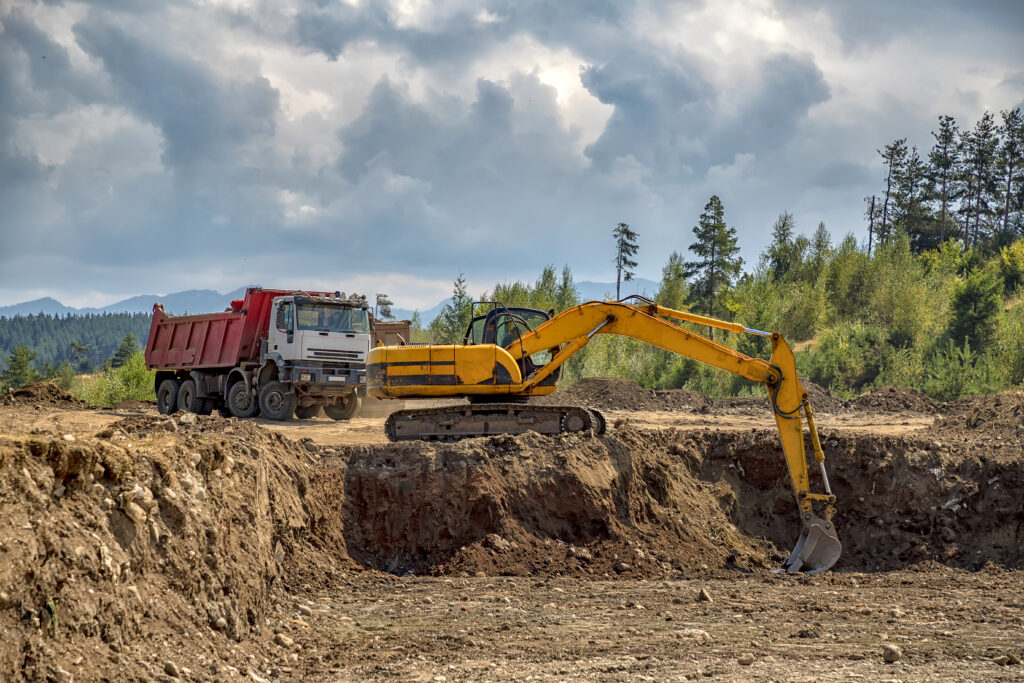
Greenup County Equipment Financing
How Equipment Leasing Can Give Your Business a Competitive Edge in Greenup County
Equipment leasing is a great way to keep your Greenup business modernized and give it a competitive edge. Rather than equipment financing or outright purchasing equipment, equipment leasing is non-commital, allowing you to switch models between terms. While other companies may be tied to outdated equipment, you can keep up-to-date with the newest models. Equipment leasing can also help maintain liquidity and conserve your capital expenditures. It is easier to qualify for equipment leasing than business loans and it is a great way to expand your operations.

How to Finance Equipment with Bad Credit in Greenup County
If you are looking to finance equipment for your business in Greenup County, you may be worried if you have bad credit. Fortunately, equipment financing can often be obtained regardless of credit. In equipment financing, the equipment serves as collateral, meaning lenders may be more lenient if you have bad credit. Other factors can help you secure a loan as well. For example, if you have proof of positive relationships with other vendors, or if you have been in business for a reasonable length of time, you may qualify for equipment financing even with bad credit. Interest rates vary depending on your credit and the credit of your business.

The Benefits of Equipment Leasing vs. Equipment Purchasing
Equipment leasing is a great way for businesses to expand operations and increase revenue. A large upfront payment can take a heavy toll on your funds and put your business in a bind. By leasing equipment instead of purchasing, you can conserve and control your working capital to use on other areas of your business. When you purchase equipment, you have to worry about replacing it as new models emerge. With leasing, you can easily upgrade outdated equipment by switching your lease terms. Equipment leasing has an easier approval process and can help you maintain your credit.


How Equipment Leasing can Help you Jumpstart your New Business in Greenup County
Every business needs some equipment to operate, but financing can be difficult when you’re just beginning. Equipment leasing in Greenup County provides a way for you to space out payment until you start generating revenue. A new business has a variety of investments to make and equipment leasing helps you lay roots in other sectors during this crucial stage in your development. Because you aren’t paying to own this equipment, you can easily scale operations and upgrade to better models as your revenue increases. Equipment leasing is also a good way to maintain credit and prove that your business is financially responsible.

Should Your Business Lease or Finance Equipment?
Which equipment financing option is most suitable for your business depends on a number of factors. One of the main differences between leasing and financing equipment is that with financing, you will eventually own the equipment. With leasing, you may pay smaller monthly fees but you never obtain full ownership. If you only require the equipment temporarily, or expect to upgrade models, you may want to lease your equipment. Another big difference is that equipment financing uses the equipment as collateral. This means it can sometimes be easier to secure even if you have bad credit. Equipment leasing and financing are both smart solutions to begin or scale operations for your business.
Use Equipment Leasing to Conserve the Cash Flow of Your Greenup Business
Equipment leasing is a powerful tool for businesses in Greenup County looking to expand while conserving their capital. The biggest benefit of equipment leasing is avoiding a large outright purchase. Small and medium sized businesses usually don’t have the free capital to purchase equipment. By leasing equipment, your business can preserve liquidity, allowing for other necessary expenses such as rent, wages, and marketing. Equipment leasing utilizes standard monthly payments that are easy to work into your budget and maintain on a balance sheet. Equipment leasing gives your business the jumpstart it needs to expand operations and increase revenue.

